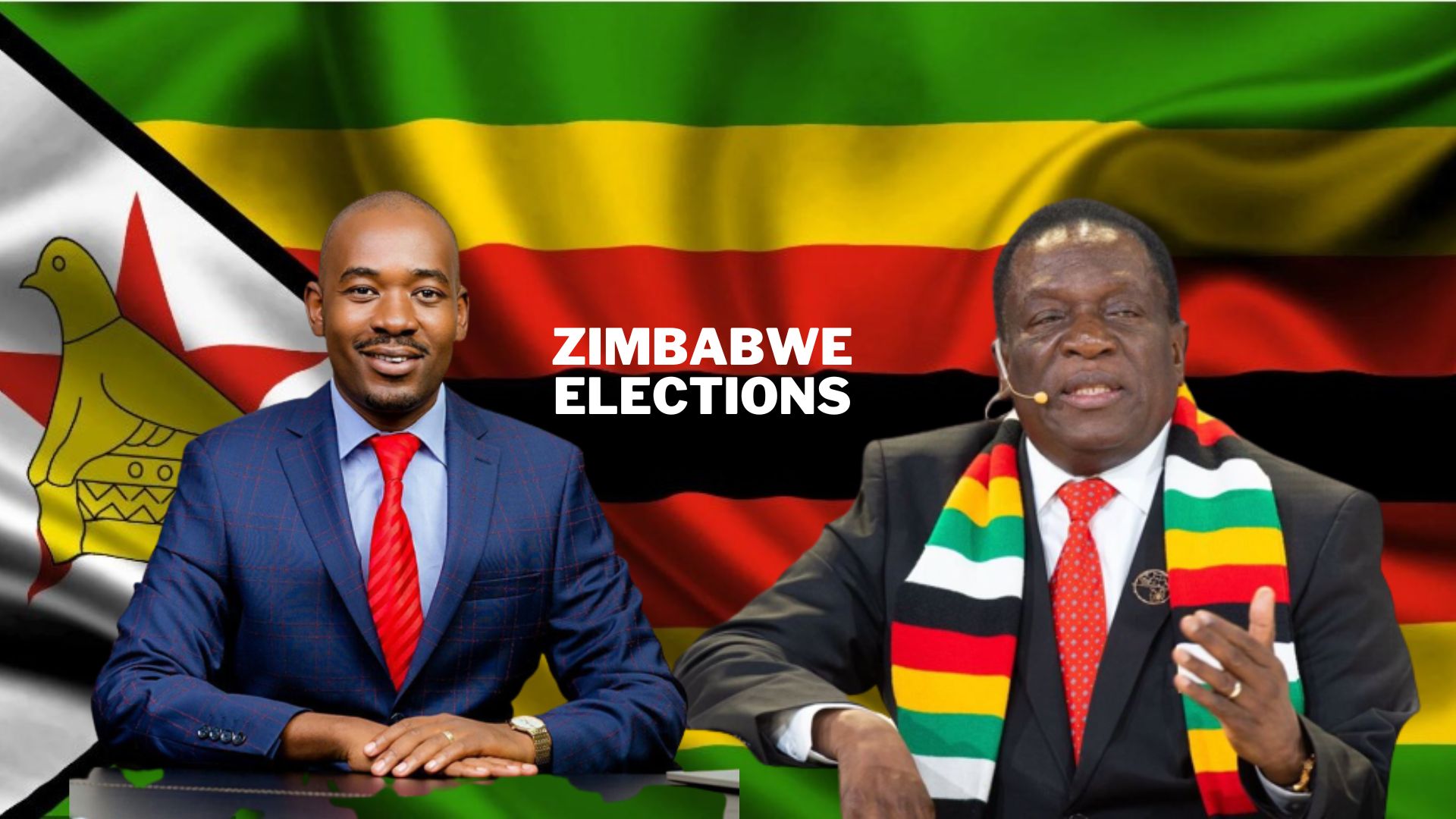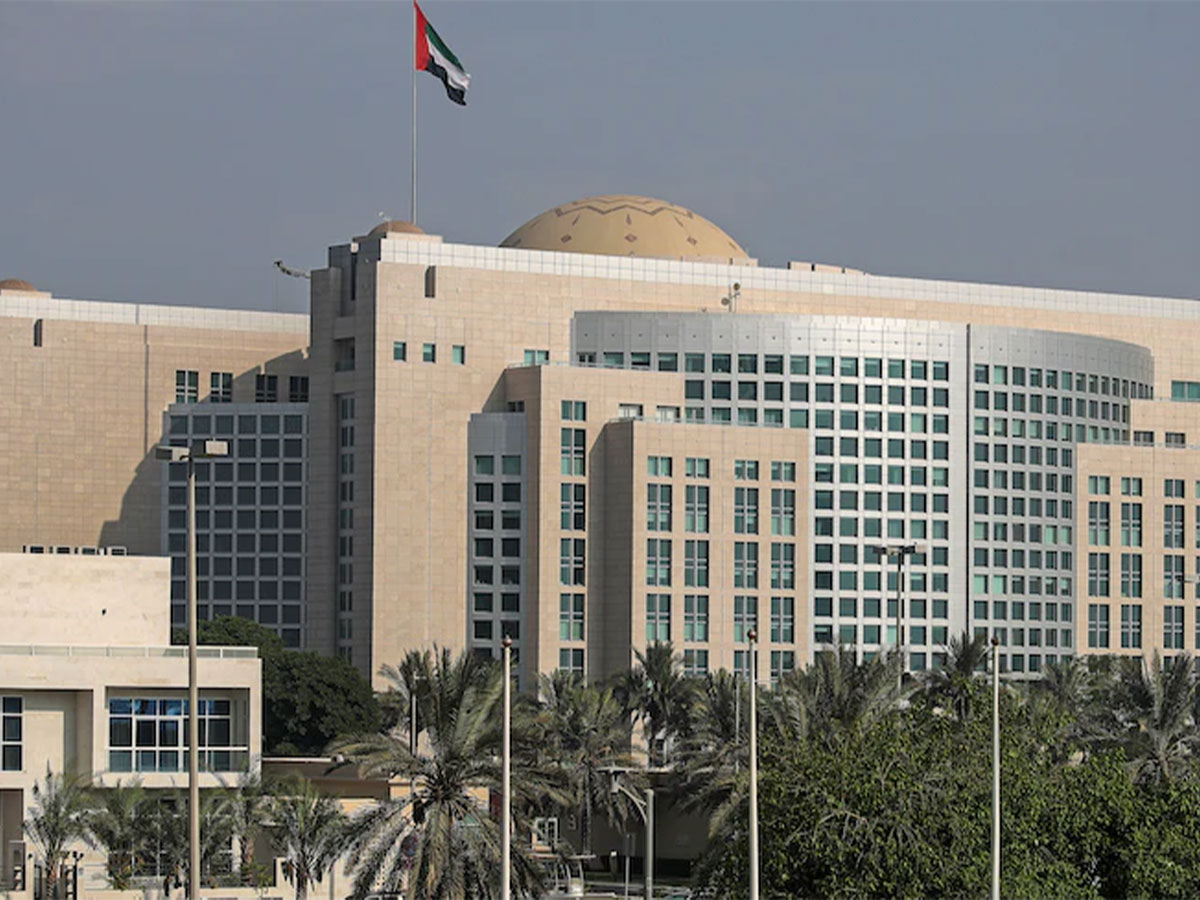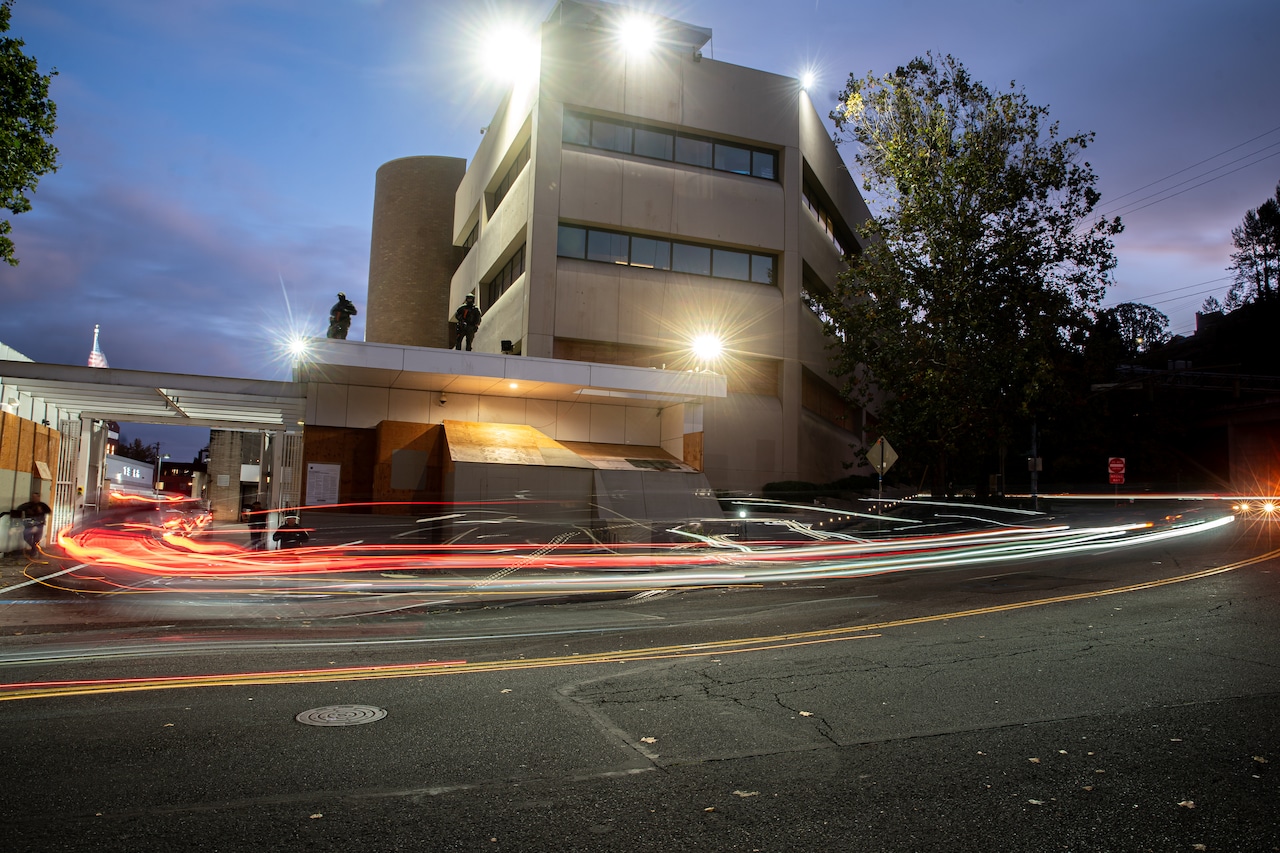Copyright myzimbabwe

MUTARE – The ruling ZANU-PF party has ignited a firestorm of controversy following its national people’s conference in Mutare. While media attention has largely focused on the proposal to extend President Emmerson Mnangagwa’s term in office, analysts are raising alarms about other far-reaching resolutions that could be implemented with less scrutiny. These include deploying civil servants who align with the ruling party’s values, amending local government statutes to seize control of struggling councils, and ensuring the Zimbabwe Gold (ZiG) becomes the country’s sole currency. ZANU-PF has already set in motion plans to extend Mnangagwa’s term of office to 2030, effectively barring the 2028 elections. Justice Minister Ziyambi Ziyambi has been instructed “to initiate the requisite legislative amendments to give full effect to this resolution to ensure continuity, stability and the sustained transformation of the nation”. However, it remains unclear whether ZANU-PF intends to grant Mnangagwa a third term or simply extend his current term by two years to 2030. This ambiguity has fuelled further debate and speculation. Madock Chivasa, spokesperson for the National Constitutional Assembly (NCA) party, argues that this move “undermines democracy”. Chivasa, a lawyer, tells The Africa Report, “It means that the people in the ruling party are not well-versed with the constitution, which states that if such changes are made, they should not benefit the incumbent.” Lovemore Madhuku, NCA leader and a constitutional law expert, believes Mnangagwa’s party mistakenly believes that parliament alone can alter the constitution regarding presidential term limits. “ZANU-PF is divided, and extending term limits is not a unanimous decision,” Madhuku states. “There are very few things that we can amend in the constitution without going to a referendum. If you want to tamper with the term of office of the president or the structure of the state you cannot avoid a referendum.” Douglas Mwonzora, leader of the Movement for Democratic Change (MDC), questions the rationale behind granting Mnangagwa, 83, a term extension. Lawyer and former finance minister Tendai Biti warns of significant legal hurdles for ZANU-PF in amending the constitution, noting that a Constitutional Bill would need to be gazetted for 90 days to allow for public scrutiny. Another resolution by ZANU-PF outlines plans to indoctrinate the country’s civil servants with party ideology through reforms ensuring only ideologically aligned cadres are deployed. Legal think tank Veritas asserts that ZANU-PF’s party resolutions represent a decisive step towards consolidating the party’s influence over government policy and steering Zimbabwe towards the party’s 2030 agenda. Political analyst Tendai Ruben Mbofana describes these policy proposals as “disturbing”. He tells The Africa Report, “The civil service must serve the nation – not a political party. Once recruitment and deployment are based on party loyalty rather than competence, professionalism and impartiality are lost.” Mbofana warns that this could force civil servants to support ZANU-PF. He further cautions that those perceived as not ‘aligned’ – particularly known or suspected opposition supporters – may face exclusion, marginalisation, or even dismissal. “Such a policy undermines the principles of meritocracy, good governance and democracy. It violates Section 200 of the Zimbabwean constitution which prohibits civil servants from acting in a partisan manner or furthering the interests of a political party,” Mbofana adds. Resolutions to amend the Urban Councils Act, Rural District Act, and other relevant statutes to allow central government to take over dysfunctional and non-performing local authorities are also seen as a ploy to dismantle town councils led by the opposition. “In short, these proposals point to a dangerous conflation of party and state, where national policies risk being hijacked to serve partisan political objectives,” Mbofana concludes. Turning to economic matters, the party proposes to promote culinary tourism and local food industries. However, Chenayi Mutambasere, a UK-based economist from the Africa Centre for Economic Justice, views the party’s economic resolutions as mere rhetoric and political posturing designed to retain power rather than build a credible, inclusive economy. “Promoting tourism or local industries requires a stable business environment, protection of property rights and restoration of international confidence, which remain absent,” she says. Despite this, development economist Prosper Chitambara believes that Zimbabwe’s recent listing by Forbes magazine as the number one country to visit could be a powerful marketing tool for attracting international attention to the country’s tourism sector. Regarding policy proposals to expand irrigation schemes, Chitambara suggests this could enhance resilience, aid in climate proofing, and increase agricultural input. “Ensuring that people secure land tenure will unlock agricultural financing for farmers,” he says. However, Mutambasere argues that land tenure has long served as a political tool for ZANU-PF, which has used it to dangle promises of security before citizens since 1980, promises that are never fulfilled. “While expanding irrigation and formalising land ownership could indeed improve agricultural productivity and rural livelihoods, implementation has always been selective and partisan. Title deeds are used as instruments of control rather than empowerment,” she says. Mutambasere believes that without addressing corruption, cronyism, and the politicisation of land administration, the proposed ZANU-PF policies will merely reinforce the status quo rather than catalyse real economic development. The resolution to ensure that Zimbabwe Gold (ZiG) becomes the country’s sole currency is also viewed with scepticism. “ZANU-PF’s plan to ditch the US dollar is unrealistic and economically reckless given Zimbabwe’s current structure where over 80% of money in circulation is in foreign currency. Zimbabwe is an import-dependent economy with most goods, fuel and raw materials purchased in US dollars, making de-dollarisation without credible reforms impossible,” Mutambasere concludes. The resolutions passed at the ZANU-PF conference have sparked widespread debate and concern, raising fundamental questions about the future of democracy, governance, and economic development in Zimbabwe.



